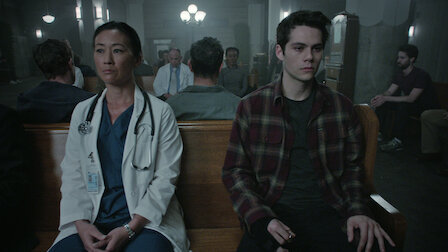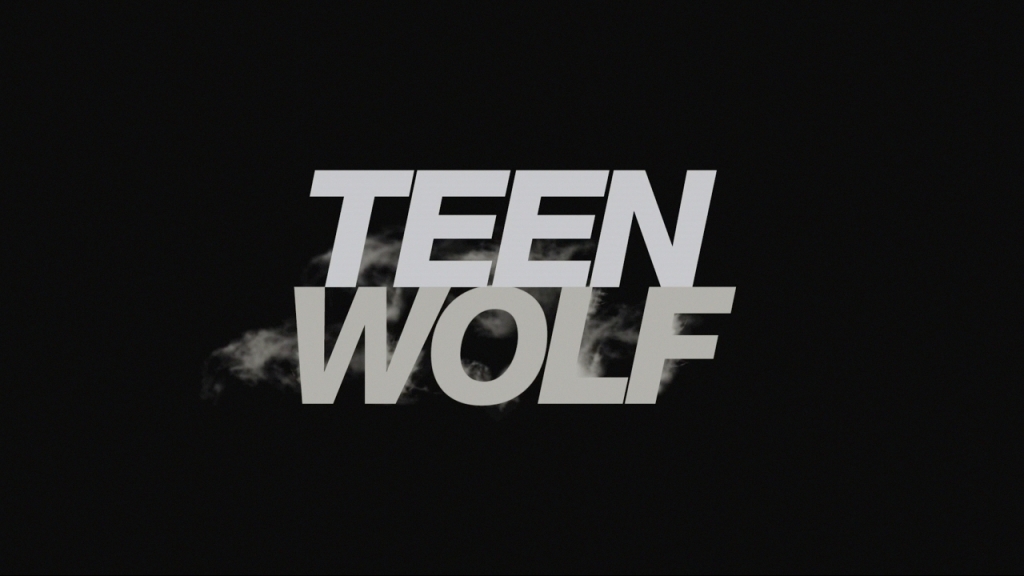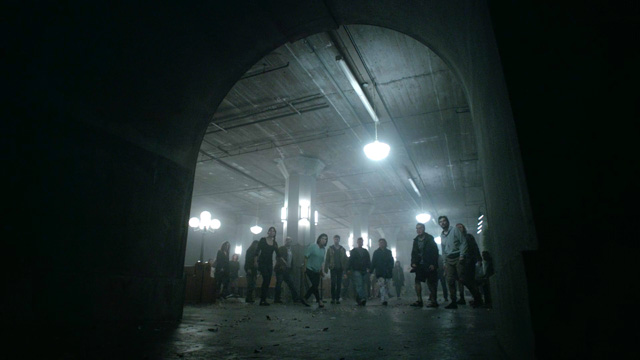
*The Season 3 Nogistsune arc was a vital turning point for the show, combining the artistry of American Horror Story with the engaging group dynamics of Buffy The Vampire Slayer. Their narrative, tone, and performances have evolved beautifully and if not for it’s eye-roll causing title, larger audiences would know and appreciate their ascension. And since season 3*, these words have been fact. Four years ago they felt like a obvious prediction. These words could not be said six years ago. The disconnect and sense of indescribable loss felt by Scott and Lydia is portrayed fascinatingly by leads Tyler Posey and Holland Roden who prove their strength as performers, holding the show steady with the elimination of it’s strongest pillar (Dylan O’Brien/Stiles). The final season centers around the loss of Stiles and with the past 5 seasons as undeniable evidence, he is the center of the universe – but more on that bit later in Lesson #3. The fact of the matter is that much like an average teenager transforms over the course of their adolescence, Teen Wolf mirrored this (with a supernatural twist have you) going from a goofy, innocent show about werewolves to the mature dissection of human relationships, delving into the dark sometimes haunting parts of ones mind all the while dealing with the power struggle between those with greater ability and those with only their righteousness to defend themselves. You may have had more experiences, learned more, became worldlier, more open minded, possibly more cynical or pessimistic because of trying times. Or it could be that the way you saw the world, the way you perceived it changed within those 4 years.

Think about yourself, if you compared your freshman self to your senior self would they not appear strikingly different? It could be merely the surface appearing taller, slimmer, thicker, more confident, less enthused, revitalized, or worn out. The creative minds behind the show took advantage of (whether they realize it or not) and made the ever evolving landscape of the show believable as teenagers themselves evolve drastically. With each season the show improved and evolved in every way: stories became stronger, more enticing, the acting went from sporadic and awkward to affecting performances worth watching regardless of strength of the story (Okay- there are a few bad actors lingering *cough* Victoria Morales *cough*).

Rather than servicing the weak hearts of the teen demographic by following every frightful moment with a comedic one, season 2 drew out the thrilling nature of a true supernatural story.
#Radio silence teen wolf series#
But its sophomore season provided hope for a more developed series with the expansion of the show’s mythology and above all the more realistic dark tone. On top of this, Teen Wolf was one of the first MTV Originals – a music channel making a show about werewolves? How could you not suspect failure? Admittedly, Teen Wolf began as many suspected it was immature and lacked any true uniqueness in 2011’s sea of supernatural dramas (The Vampire Diaries, The Walking Dead, not to mention The Twilight Saga at its peak). The use of “teen” is far too obvious and conjures up thoughts of ignorance and unbridled pubescent emotions.

The most unfortunate thing about this show is its title.

Lesson #1: The Ever-Improving Narrativeįrom an outside perspective Teen Wolf sounds like cheesy teen drama with over-actors and under whelming plotlines. So pull a chair up and get ready for a little education…and by education I mean a 3 part lesson on why “Radio Silence” brought me out of my Ghost Rider Train Station coma to write something new. It’s been awhile since I’ve ranted wrote about Teen Wolf but instead of my usual review/recap I’ve decided to change it up a bit.


 0 kommentar(er)
0 kommentar(er)
